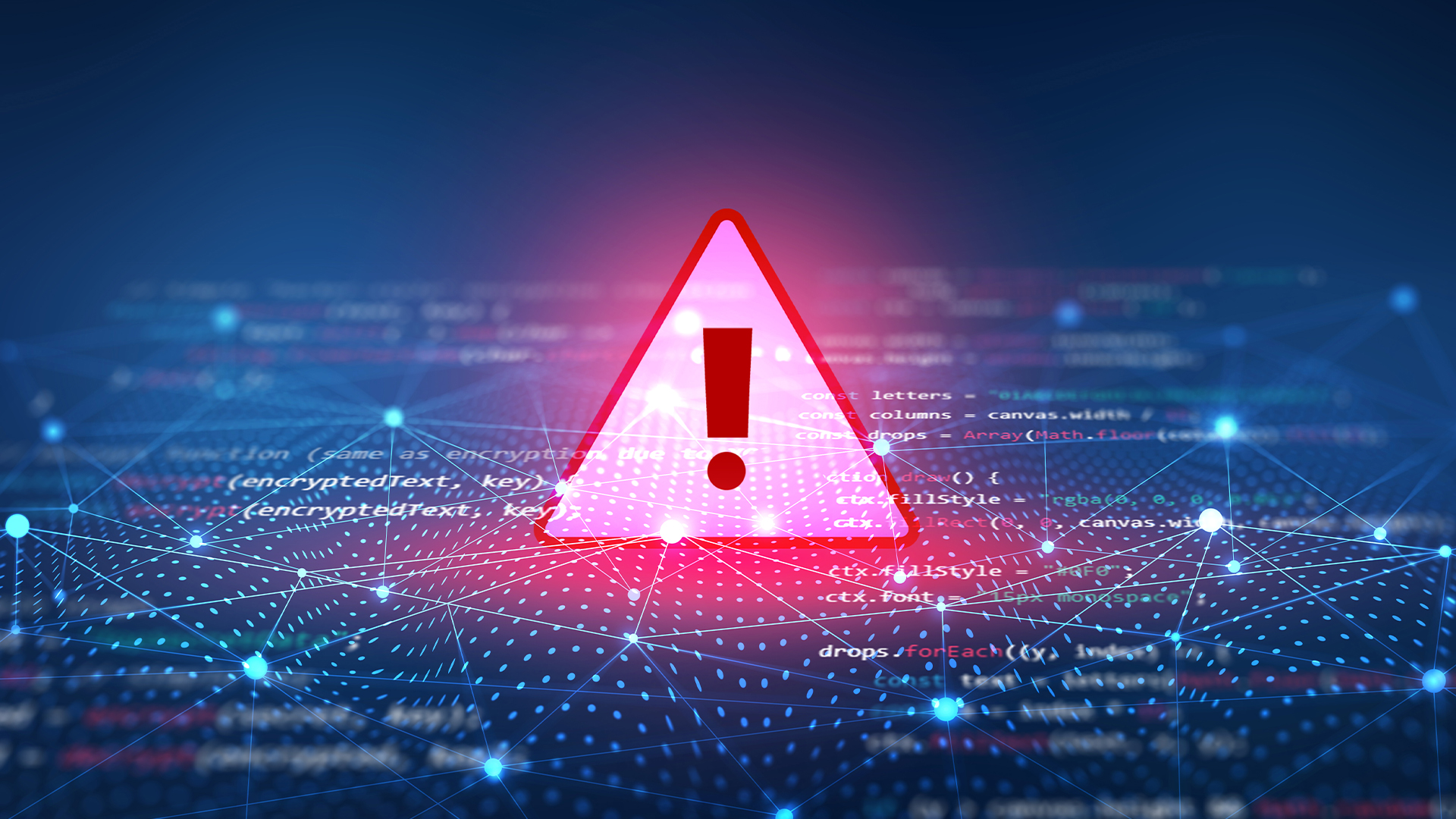UK cops to lose access to Europol's cyber crime resources after Brexit
Cyber cops will be on their own once Britain leaves the EU


Sign up today and you will receive a free copy of our Future Focus 2025 report - the leading guidance on AI, cybersecurity and other IT challenges as per 700+ senior executives
You are now subscribed
Your newsletter sign-up was successful
The UK is set to lose access to the European Cybercrime Centre, after it was revealed the country will no longer be a member of Europol following its departure from the European Union in 2019.
The European Cybercrime Centre - also known as EC3 - was set up by the cross-border law enforcement group to provide support for EU police forces in tackling cyber crime. EC3 assists national police with intelligence, digital forensics and strategy support, collaborating on cases involving technological elements.
Cyber security experts have expressed dismay at the news. "This is hugely disappointing," McAfee's chief scientist Raj Samani told IT Pro. "Europol have a proven record of success and one would hope a degree of compromise can be reached since the safety of all citizens across the globe is our joint mission."
The government had stated earlier this year that it wished to continue its relationship with Europol following Brexit, but the EU's top negotiator Michel Barnier said that access to Europol would not be possible once the UK leaves the EU, stating that it was a "logical consequence".
Losing access to EC3 will mean that UK police units fighting cyber crime will no longer benefit from intelligence-sharing between EU member states, as well as from the extensive support network offered by Europol's cyber specialists.
"Since before the referendum, the NCA and its partners in policing and wider law enforcement have clearly stated our need to work closely and at speed with European countries to keep people in the UK safe from threats including organised crime, child sexual abuse, cyber attack, and terrorism," a spokesman for the UK's National Crime Agency told IT Pro.
"We are confident that these requirements are being taken into account, and that there is broad consensus on the need to retain our ability to share intelligence, biometrics and other data at speed. It is also vital to ensure we can continue to provide a quick, efficient and dynamic response to crime and criminals impacting the UK and its citizens, be it from serious and organised transnational crime or local level volume crime at the heart of UK communities."
Sign up today and you will receive a free copy of our Future Focus 2025 report - the leading guidance on AI, cybersecurity and other IT challenges as per 700+ senior executives
Adam Shepherd has been a technology journalist since 2015, covering everything from cloud storage and security, to smartphones and servers. Over the course of his career, he’s seen the spread of 5G, the growing ubiquity of wireless devices, and the start of the connected revolution. He’s also been to more trade shows and technology conferences than he cares to count.
Adam is an avid follower of the latest hardware innovations, and he is never happier than when tinkering with complex network configurations, or exploring a new Linux distro. He was also previously a co-host on the ITPro Podcast, where he was often found ranting about his love of strange gadgets, his disdain for Windows Mobile, and everything in between.
You can find Adam tweeting about enterprise technology (or more often bad jokes) @AdamShepherUK.
-
 ITPro Best of Show NAB 2026 awards now open for entries
ITPro Best of Show NAB 2026 awards now open for entriesThe awards are a fantastic opportunity for companies to stand out at one of the industry's most attended shows
-
 Mistral CEO Arthur Mensch thinks 50% of SaaS solutions could be supplanted by AI
Mistral CEO Arthur Mensch thinks 50% of SaaS solutions could be supplanted by AINews Mensch’s comments come amidst rising concerns about the impact of AI on traditional software
-
 Millions of developers could be impacted by flaws in Visual Studio Code extensions – here's what you need to know and how to protect yourself
Millions of developers could be impacted by flaws in Visual Studio Code extensions – here's what you need to know and how to protect yourselfNews The VS Code vulnerabilities highlight broader IDE security risks, said OX Security
-
 Ransomware gangs are using employee monitoring software as a springboard for cyber attacks
Ransomware gangs are using employee monitoring software as a springboard for cyber attacksNews Two attempted attacks aimed to exploit Net Monitor for Employees Professional and SimpleHelp
-
 Fake North Korean IT workers are rampant on LinkedIn – security experts warn operatives are stealing profiles to apply for jobs and infiltrate firms
Fake North Korean IT workers are rampant on LinkedIn – security experts warn operatives are stealing profiles to apply for jobs and infiltrate firmsNews The scammers' latest efforts mark a significant escalation in tactics, experts have warned
-
 CVEs are set to top 50,000 this year, marking a record high – here’s how CISOs and security teams can prepare for a looming onslaught
CVEs are set to top 50,000 this year, marking a record high – here’s how CISOs and security teams can prepare for a looming onslaughtNews While the CVE figures might be daunting, they won't all be relevant to your organization
-
 Microsoft patches six zero-days targeting Windows, Word, and more – here’s what you need to know
Microsoft patches six zero-days targeting Windows, Word, and more – here’s what you need to knowNews Patch Tuesday update targets large number of vulnerabilities already being used by attackers
-
 iOS and Android users beware: This new spyware kit allows hackers to take full control of your device
iOS and Android users beware: This new spyware kit allows hackers to take full control of your deviceNews The professional package allows even unsophisticated attackers to take full control of devices
-
 Ransomware gangs are sharing virtual machines to wage cyber attacks on the cheap – but it could be their undoing
Ransomware gangs are sharing virtual machines to wage cyber attacks on the cheap – but it could be their undoingNews Thousands of attacker servers all had the same autogenerated Windows hostnames, according to Sophos
-
 Google issues warning over ShinyHunters-branded vishing campaigns
Google issues warning over ShinyHunters-branded vishing campaignsNews Related groups are stealing data through voice phishing and fake credential harvesting websites
